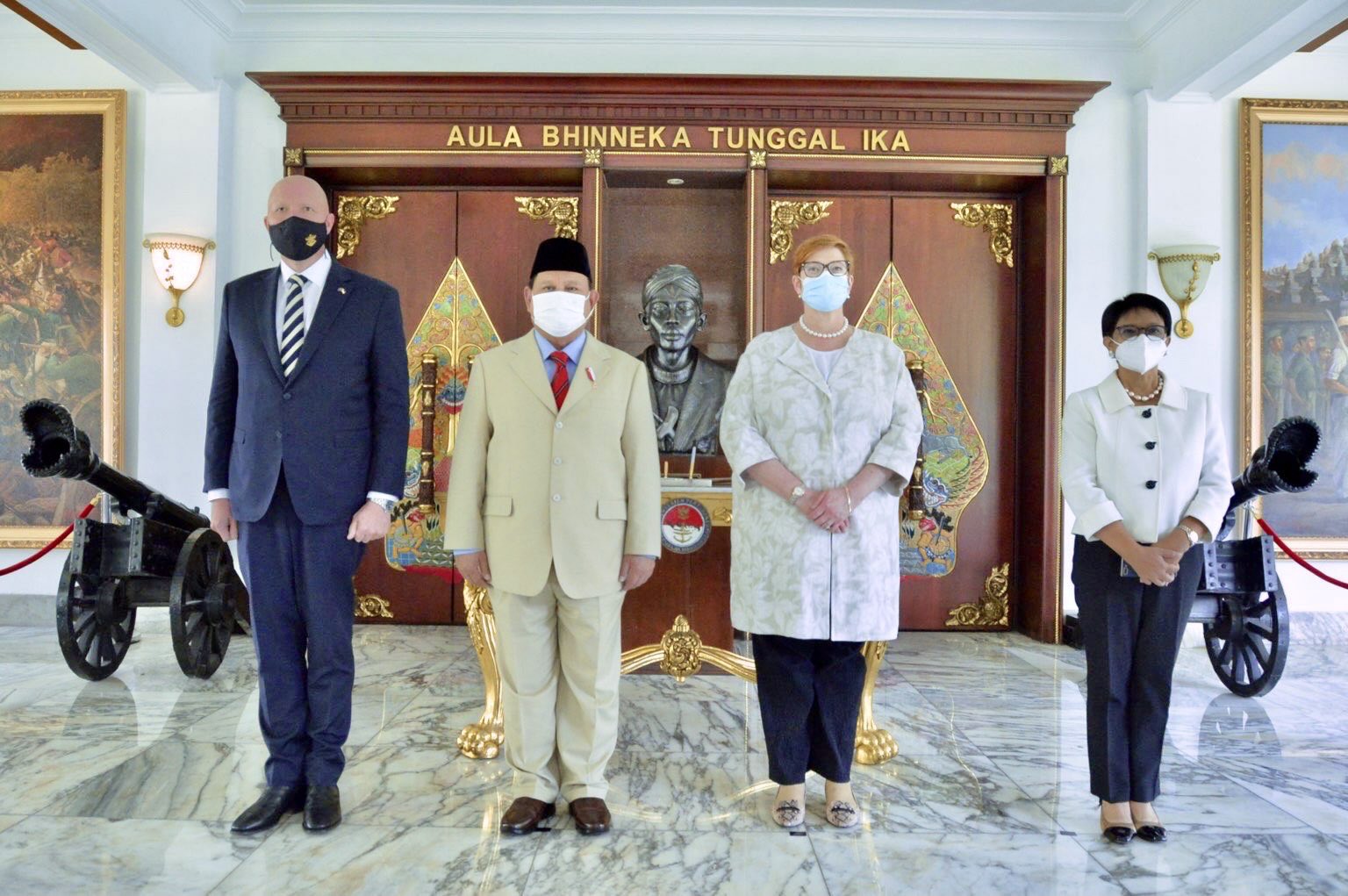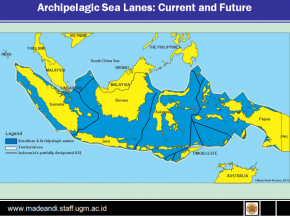An interesting article, i am confused on the author saying Australia shouldnt have informed Indonesia about AUKUS because we're "way too short of being truly strategic for that". But we should have done things differently and informed them. Indonesia was given the same heads up Japan, NZ, India etc. got before the AUKUS press conference.
1. Rather than respond to a think tank article that way, which I think is less interesting, it may be more useful to see ADF-TNI and ADF-MAF communication as an ongoing active process.
2. Part of this process is sending senior ADF officers to address a forum for TNI officers, so that they can hear it from the horse’s mouth what AUKUS means for the ADF; and provide reassurance that Australia’s SSN plans are as stated and transparent (within the boundaries of permitted disclosures on nuclear matters). By now, I am sure all ADF chiefs of service have reached out to have a conversation with their counter parts in Malaysia and Indonesia — as part of the leg work necessary to keep the relationship cordial.
3. That is not to say there is no concern with AUKUS. The Indonesian parliament’s commission responsible for foreign and defence issues is used by Indonesian politicians as a bully pulpit to shape public opinion (often in the direction of nationalist populism). Given that Australia has often been a favourite target of this body’s more jingoistic members, and little could inspire them more than the prospect of their southern neighbour being up to its perceived usual tricks and treating Indonesia with contempt. The commission’s members have acted true to form, with some urging the administration to confront Australia for threatening the region’s peace.
4. In 2008, on a bilateral basis, Singapore and the US have managed a small trace leak from a US Navy nuclear vessel into a non-issue while complying with our laws and need for parliamentary oversight.
(a) On 1 Aug 2008, the media reported that the US nuclear-powered submarine USS Houston had been found to be leaking trace amounts of radioactive water. The leak had been discovered by the United States Navy during a routine dry dock maintenance of the submarine at Pearl Harbour Naval Shipyard in July 2008. The media noted that the US had informed Japan of the leak, as the United States Navy's investigations had determined that the USS Houston could have been leaking when the USS Houston made its port call in Sasebo, Japan in Mar 2008.
(b) Nevertheless, as a precautionary measure, Singapore asked the US on 4 Aug 2008 for information about the leak. The USS Houston had last called at Singapore nearly two years ago from 22 to 26 Sep 2006. Singapore also went through our own monitoring records for the period when the USS Houston was berthed in Singapore at Changi Naval Base. On 7 Aug 2008, the US informed MINDEF that the USS Houston had been leaking trace amounts of radioactive water since Jun 2006. This suggested that the USS Houston could have been leaking during her port call at Changi Naval Base in Sep 2006.
(c) The US has assessed that the cumulative amount of radioactivity that could have been leaked in Changi Naval Base was approximately 0.095 micro curies. To put things into perspective, the US indicated that this was less than the amount of radioactivity found in a common smoke detector, and would not have any adverse effect on human health, marine life or the environment.
(d) Apart from the information provided to Singapore by the US, MINDEF has its own independent monitoring system. Since Feb 2003, MINDEF has put in place a round-the-clock Integrated Environment Monitoring System (IEMS) at Changi Naval Base. The IEMS takes readings of air quality, and water and sea-bed samples to determine the normal background environmental radiation level, and to detect whether there has been any abnormal level of radiation which may be of safety concern. The safety limits are set by our National Environment Agency's Centre of Radiation Protection and Nuclear Science.
(e) The then defence minister reported to parliament that:
“With the assurances from the US, verification from the data collected from our monitoring system and our own experts' assessments, I am confident that there was no adverse impact on public health, marine life or the environment as a result of the USS Houston's port call in Singapore in September 2006, and that the safety of Singaporeans was not compromised by the reported leak.”
5. AUKUS is a non-issue for Singapore and it is very likely that there is quiet support for our Aussie mates behind the scenes — to ensure we sing from the same song sheet. With the assurance provided by IEMS, Changi Naval base will continue to host USN, RN and RAN submarines, LHDs and carriers, be it nuclear or otherwise.


